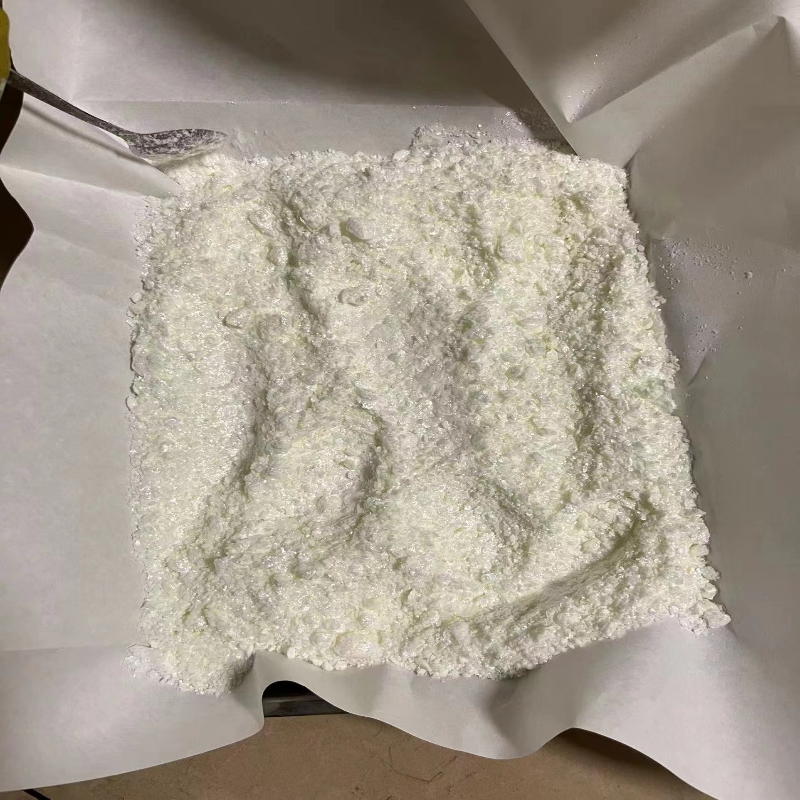-
Categories
-
Pharmaceutical Intermediates
-
Active Pharmaceutical Ingredients
-
Food Additives
- Industrial Coatings
- Agrochemicals
- Dyes and Pigments
- Surfactant
- Flavors and Fragrances
- Chemical Reagents
- Catalyst and Auxiliary
- Natural Products
- Inorganic Chemistry
-
Organic Chemistry
-
Biochemical Engineering
- Analytical Chemistry
-
Cosmetic Ingredient
- Water Treatment Chemical
-
Pharmaceutical Intermediates
Promotion
ECHEMI Mall
Wholesale
Weekly Price
Exhibition
News
-
Trade Service
The commercialization of 5G is driving new infrastructure designs to accommodate the growth in the number of base stations
.
Another factor is the need for new PCB designs that can handle the wide range of 5G frequencies while minimizing signal loss
.
Special polymers for 5G
Special polymers for 5GEngineers are working on new designs for 5G base station antennas, circuit boards and other system components, and they are using new high-performance specialty polymers that enable stable RF quality, low system cost, and high productivity
.
In addition to becoming better and more stable dielectric properties in the 5G high frequency band, these polymers offer properties such as thermal and dimensional stability, chemical resistance, inherent flame retardancy (FR) and radio frequency transparency advantage
.
●Freely design complex shapes, thin-walled geometries and reinforced parts;
● Compared with metal, it is lighter in weight, easy to operate and install;
●● The ability to improve production efficiency and reduce system cost through high-speed, high-volume injection molding
.
●
Polyphenylene Sulfide (PPS) Substitute Metals
Polyphenylene Sulfide (PPS) Substitute MetalsFor base stations, Solvay's Ryton PPS resins enable partial integration between the antenna substrate (PCB) and oscillators, dipoles, filters, duplexers and other components, simplifying design and production
.
Metallized Ryton PPS resin can replace metals such as aluminum, which ensures reliable signal transmission with minimal signal power loss, while reducing infrastructure weight for easy base station installation
.
Semi-crystalline PPS polymers provide excellent dimensional stability for precision molded parts exposed to prolonged high temperature service conditions
.
Solvay's Xydar LCP is a reinforced resin with excellent flow properties
.
It can be injection molded to create thin-walled components and provides outstanding strength in extreme temperatures up to 300°C (572°F)
.
Xydar LCP resins are inherently flame retardant, transparent to microwave signals, and resistant to nearly all chemicals
.
Compared to PPS, Xydar LCP offers better dielectric properties for future high frequency radio component designs
.
Solvay Ryton PPS and Xydar LCP were specially developed to meet the requirements of long-term high operating temperature with low loss tangent and high dimensional stability
.
Both are compatible with existing industrial metallization processes
.
These materials are able to provide stable dielectric properties, including dissipation factor (Df) and dielectric constant (Dk) properties, while maintaining a high degree of dimensional stability and fluidity
.







